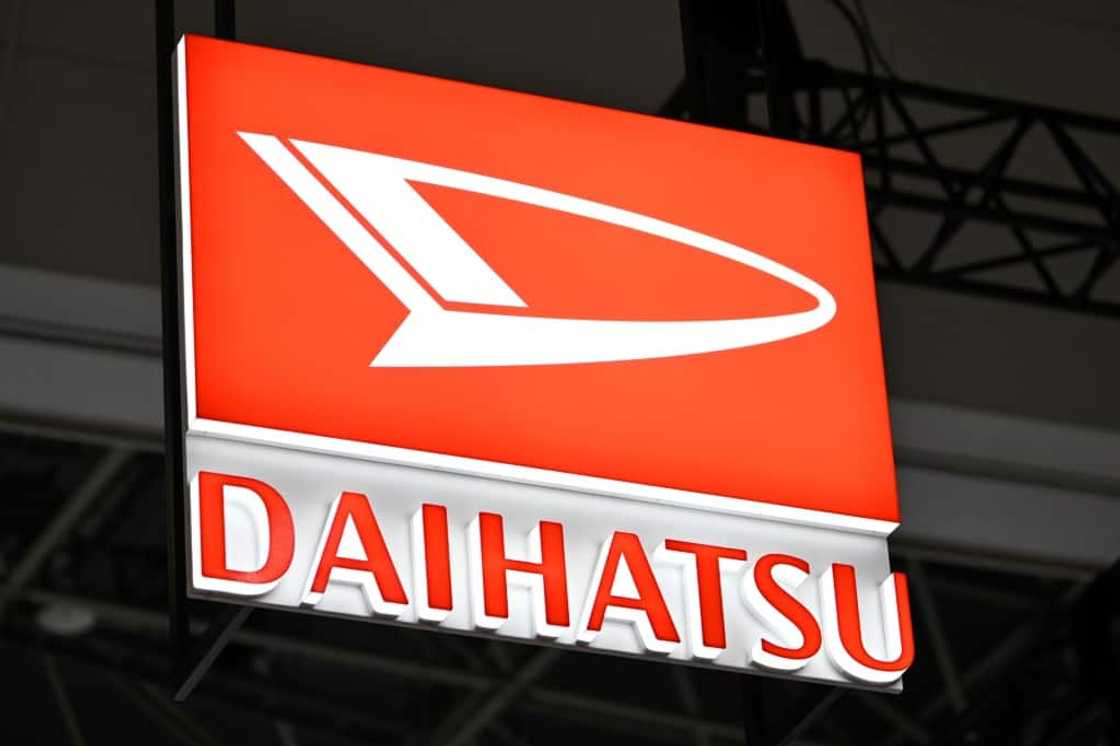Toyota subsidiary to halt shipment of all models over rigged safety tests

Source: AFP
Toyota subsidiary Daihatsu said Wednesday it will suspend shipments of all car models currently in production both in Japan and abroad, following new revelations about its rigging of safety tests.
"Daihatsu decided today to temporarily suspend shipments of all Daihatsu-developed models currently in production, both in Japan and overseas," the auto titan said in a statement following a report by an independent panel.
The panel was set up earlier this year to probe a safety scandal that first emerged in April.
The investigation "found new irregularities in 174 items within 25 test categories" in addition to wrongdoing previously detected in April and May involving door parts and side-collision tests, Toyota said.
The number of car models linked to wrongdoing now totals 64, including 22 sold by Toyota.
With certification being a "major prerequisite" for an automobile manufacturer to conduct business, "we recognise the extreme gravity" of Daihatsu's neglect, which has "shaken the very foundations of the company as an automobile manufacturer", Toyota said.
In its own statement, Daihatsu offered its "deep apologies" for "betraying the trust of our customers and stakeholders".
Toyota and Daihatsu said they were unaware of any accidents that have arisen from the falsification, but "thorough technical verification" is underway.
Public broadcaster NHK reported that Japan's transport ministry will conduct an on-site inspection of Daihatsu on Thursday.
In a summary of its report published Wednesday, the independent panel blamed Daihatsu's misconduct on factors including "extreme pressure due to an excessively tight and rigid development schedule" and the managers' lack of expertise.
The work environment also lacked transparency, and "even if irregularities or deceptions were committed, they would not be detected," the report said.
In April, Daihatsu admitted falsifying crash test results for four of its models, involving a total of 88,000 vehicles manufactured in Thailand and Malaysia in 2022 and 2023.
Then in May, it announced it was halting production in Japan of two hybrid vehicle models because of similar "irregularities", including the Toyota Raize SUV, manufactured on behalf of its parent company.
"We believe in order to prevent recurrence, in addition to a review of certification operations, a fundamental reform is needed to revitalise Daihatsu as a company," Toyota said.
Founded in 1907 to manufacture internal combustion engines, the Osaka-based company launched its first three-wheeled vehicle in 1931, before being taken over by Toyota in 1967.
Source: AFP



